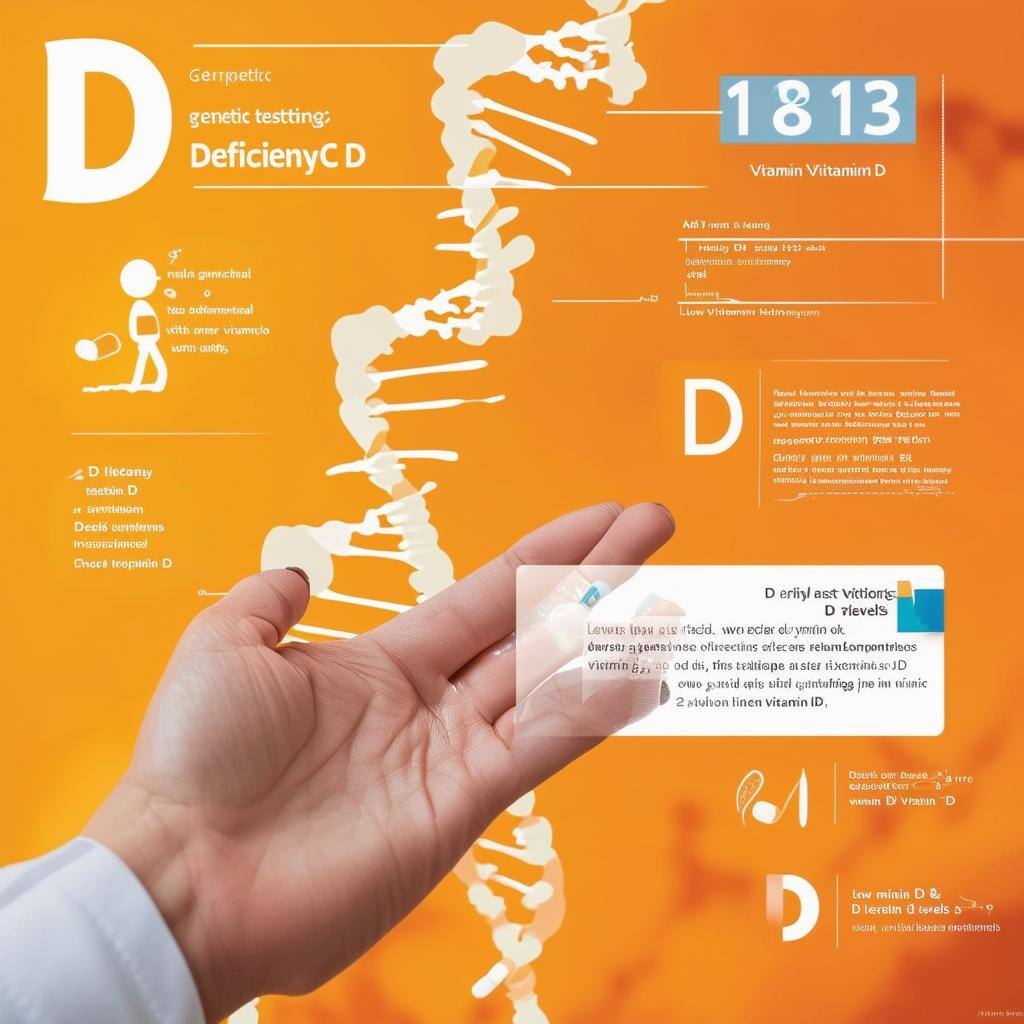Rising Vitamin D Deficiencies
Scared of the Sun?
Fears About Skin Cancer is Resulting in Rising Vitamin D Deficiencies
We all know how blazing hot the Texas sun can be, and that too much exposure to it can lead to burns, blisters and, over time, even skin cancer. Through active marketing campaigns backed by dermatological associations and cosmetic companies, the sunscreen industry has done an excellent job of educating the public about the dangers of too much sun exposure. To some extent they should be applauded, because too much of almost anything can have negative consequences.
But they’ve done such a thorough job, that now most people put on sunscreen for even moderate sun exposure or avoid the sun altogether, resulting in a growing number of people with vitamin D deficiencies.
The Sun Can be Friend and Foe
The sun can burn you. But it is a main and healthy source of vitamin D, because the UV light from its rays naturally activates the production of this very important vitamin in our bodies from precursor chemicals in our skin.
Not only vital in keeping our immune system strong, Vitamin D has been shown to be helpful in improving muscle and lung function, reducing the risk of muscular sclerosis, heart disease and type 2 diabetes in children, and, because vitamin D helps the body absorb calcium from the foods we eat, it is also necessary for keeping bones strong and preventing osteoporosis.
In addition, having adequate amounts of vitamin D can actually result in lowered blood pressure, improved insulin resistance, and reduced appetite, which can help with weight management.
Because most sunscreen blocks UV light, wearing it all the time can put you at risk for a variety of ailments, including cancers other than those of the skin.
The key is to get moderate exposure to the sun to reap its health benefits without causing damage. Depending on your own skin’s propensity to burn, including whether or not you’re on medications that may make burning more likely, allow yourself a first few minutes outdoors without blocking the sun’s rays, only adding sunscreen for more prolonged exposure. Fair-skinned people can generally allow themselves 10-15 minutes of unprotected exposure depending on the time of day, while those with darker, more pigmented skin can -- and often must -- go a little longer.
What about Supplements?
It is possible to get needed vitamin D through supplementation, but whether or not you need to depend on a variety of factors, including skin pigmentation, overall health and where you live.
Active people living in sunnier climates, like Austin, Texas and Waxahachie, Texas, can get at least some of what they need from spending daily time outdoors. But during winter month in colder regions, the skin makes less vitamin D because the sun never gets high enough in the sky for its UVB rays to penetrate the atmosphere.
Texans needn’t worry, but discussing your vitamin D levels with your healthcare practitioner can help you decide how best to boost this nutrient if your blood work shows it’s necessary.
Sunscreen is Not Bad
All of this being said, sunscreen has a very valuable purpose in protecting against too much sun exposure and the signs of early aging, particularly if you use natural brands or make your own without unnecessary toxins and chemicals (Read our blog on Natural Sunblock). The sun, however, also has a valuable place in a healthy lifestyle. Getting outside, in the sun, is not something to be avoided. Hike, boat, swim, garden and play outside! It’s good for your mental health and naturally good for your overall health as well.



